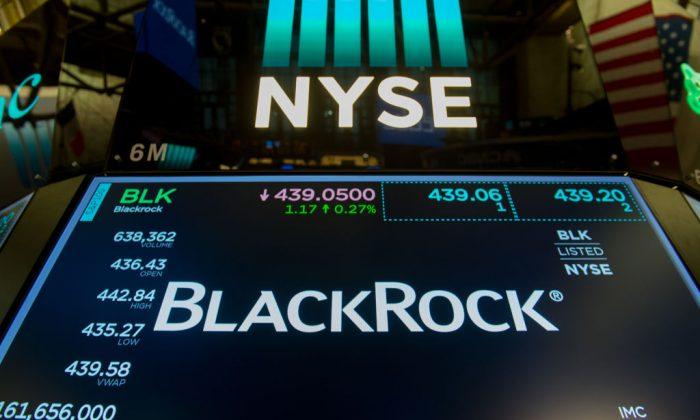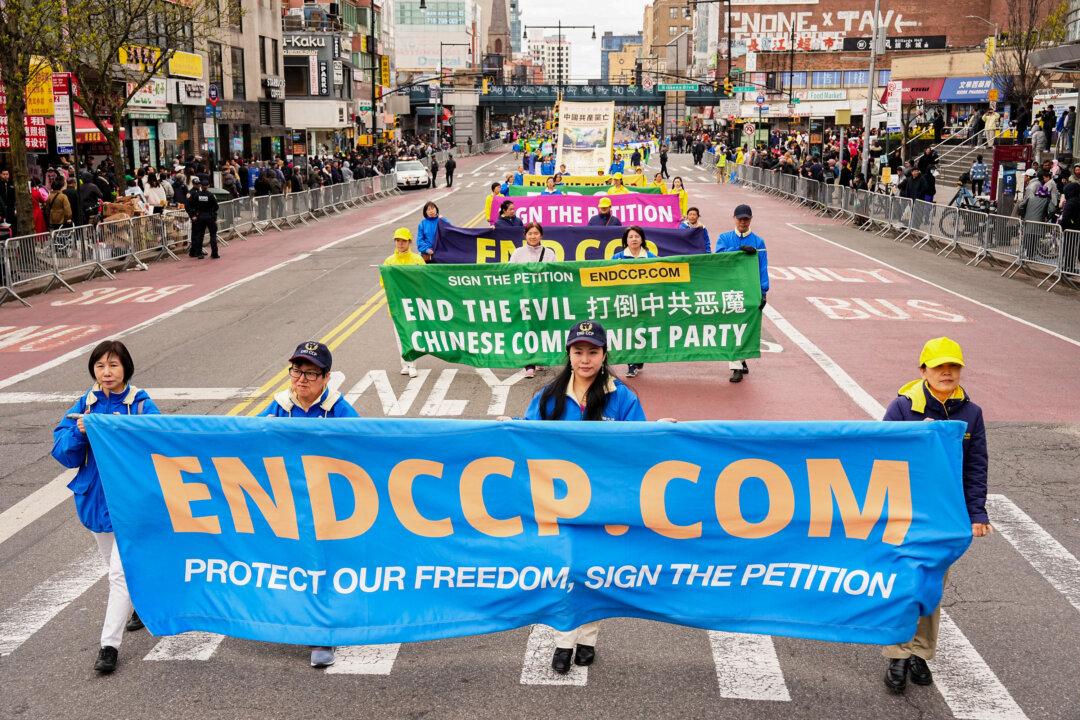Australia’s competition watchdog should receive new powers to stop any potential merger that could see “mega-funds” like U.S. giants BlackRock, Vanguard, and State Street widen control over an industry, according to a parliamentary committee.
On April 11, the Standing Committee on Economics in Australia tabled its report examining the influence of the mega-funds, which also comes amid ongoing concerns that funds like BlackRock are using the leverage they have over big companies to compel them to adopt social justice initiatives such as gender equality and climate change.
At the root of the inquiry is the issue of “common ownership,” which refers to the situation where one entity simultaneously owns the shares in competing companies within the same industry.
An example of common ownership is BlackRock and Vanguard’s five percent stake in each of Australia’s four major banks, Commonwealth, ANZ, Westpac, and NAB.
In the United States, the two mega-funds and State Street are the largest shareholders in 88 percent of the S&P 500.
Among the list of recommendations from the Committee was for the Australian Competition and Consumer Commission (ACCC) to actively monitor the extent of common ownership and for the body to have the power to block any mergers between major companies that could see mega-funds expand their control.
Another was for “proxy advisors” to be formally recognised as providers of financial services, a move that will require such companies to be licenced.
In Australia, the four major proxy advisors are CGI Glass Lewis, ISS Australia, Ownership Matters, and the Australian Council of Superannuation Investors (ACSI).
“Proxy advisors provide institutional investment funds with advice on how to engage with companies that they invest with, which often involves taking positions on remuneration resolutions and matters involving environmental, social, and governance (ESG) concerns,” the report stated. “This in and of itself would not be an issue; however, the current practices of proxy advisory firms requires greater scrutiny.”
Major investment funds continue spearheading ESG initiatives across Western corporations.
The movement is grounded partly in the actions of student activists in the 1970s, according to Stephen Soukup, author of The Dictatorship of Woke Capital: How Political Correctness Captured Big Business.
Beginning on college campuses about 35 years ago, students upset that their universities had investments in South Africa, which was then operating apartheid, began pressuring administrators to divesting from the country.
Soukup said this later morphed into socially responsible investing, where investors could set up screens to block companies that didn’t align with their values.
“This has become sort of the de facto way to achieve social ends within this community of professional investors, who have moved significantly to the left over the past quarter-century,” he said.






Friends Read Free